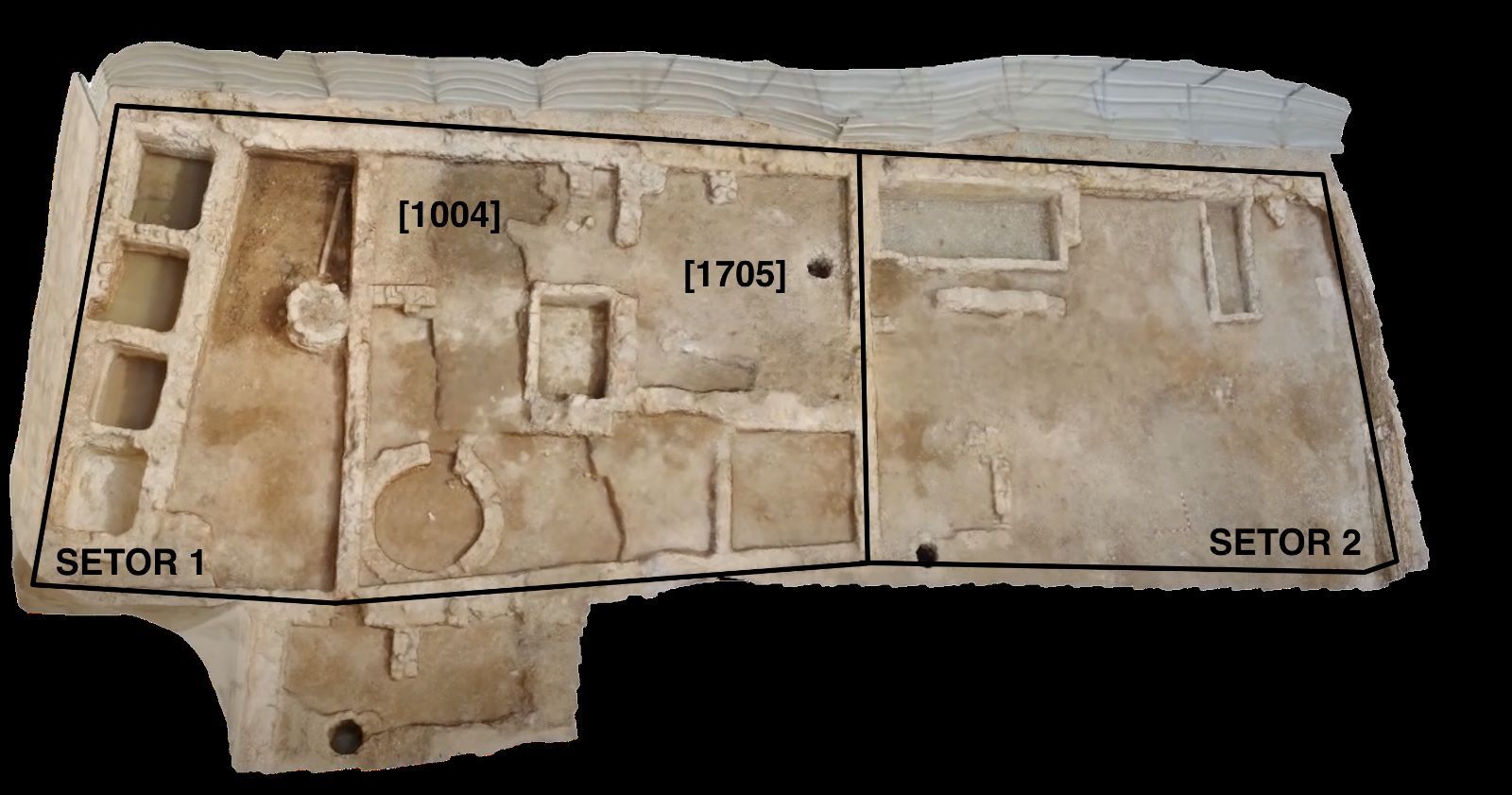Humberto
Verissimo will be presenting his part of the lecture ‘The Dog and Human
Societies: Companion Animal or Something More?’. Zooarchaeology as an area of
study encompasses a set of issues that is increasingly more comprehensive and
wider than just the study of dietary practices. In this context, a set of
canids (dogs) recovered from archaeological contexts of Roman chronology will
be presented, all of a coastal nature, in which fishing activity and garum production
were present. Since the most remote times of human memory, canids, after their
domestication, have been used to assist man in many varied activities such as
pastoralism, hunting, and even fishing. Considering that the individuals
presented in this lecture were found in fishing contexts, we intend to try to
understand how these animals lived and what their roles would have been in the
human society in which they were living. In the case of the specimens from Boca
do Rio, they present bone pathologies that may have been the result of the
activities in which they were working. A set of comparative data is presented
that may help to understand their appearance, size, and weight, amongst other
morphological attributes.

Beatriz
Pinto will be presenting her part of the lecture ‘Analysis of shell and mammal
finds at an excavation in Faro from Roman and modern times’. She will be
talking about an archaeological investigation that was undertaken following the
demolition of an old building at the Avenida da Republica in Faro prior to the
construction of a new building. The archaeological survey revealed deposits
from the Roman and modern periods and produced artefacts including mammal bones
and seashells. Beatriz will be describing the finds and what they reveal about
the site.

Humberto
Verissimo has a master’s degree in Archaeology from the University of the
Algarve (UAlg) and is currently working on his doctoral thesis. He has
volunteered on many archaeological projects in the Algarve and in Portugal. In recent
years he has been the coordinator of the archaeological projects at the Sitio
do Castelo do Alferce, Monchique, and of the Sítio do Poço Antigo, Cacela Velha.
In addition to that he is helping the AAA by producing beautiful posters
for the lectures.

Beatriz
Pinto has a degree in Cultural Heritage and Archaeology in which her thesis
dealt with the shell and mammal finds recovered during an excavation in Faro.
She has been a volunteer in several archaeological excavations in the Algarve
and is currently head technician of an Archaeological company.

Non-members
are welcome to attend AAA lectures for a 5 euro admission fee, with all money
raised by the AAA being used for archaeological grants and speakers. For more
information contact algarvearchass@gmail.com,
visit arquealgarve.weebly.com or Facebook ‘Algarve Archaeological Association’.
Please check the website or Facebook page for any last-minute changes.
Press
release by Jane Robertson















“Since the most remote times of human memory, canids, after their domestication, have been used to assist man in many varied activities such as pastoralism, hunting, and even fishing. Considering that the individuals presented in this lecture were found in fishing contexts, we intend to try to understand how these animals lived and what their roles would have been in the human society in which they were living. In the case of the specimens from Boca do Rio, they present bone pathologies that may have been the result of the activities in which they were working.” – Maybe, what these deformities show is that animal abuse is as old as animal domestication. Too embarrassing a hypothesis? When archaeologists do find evidence of animal abuse, do they even mention those hypotheses?
By guida from Lisbon on 06 Jan 2023, 05:51